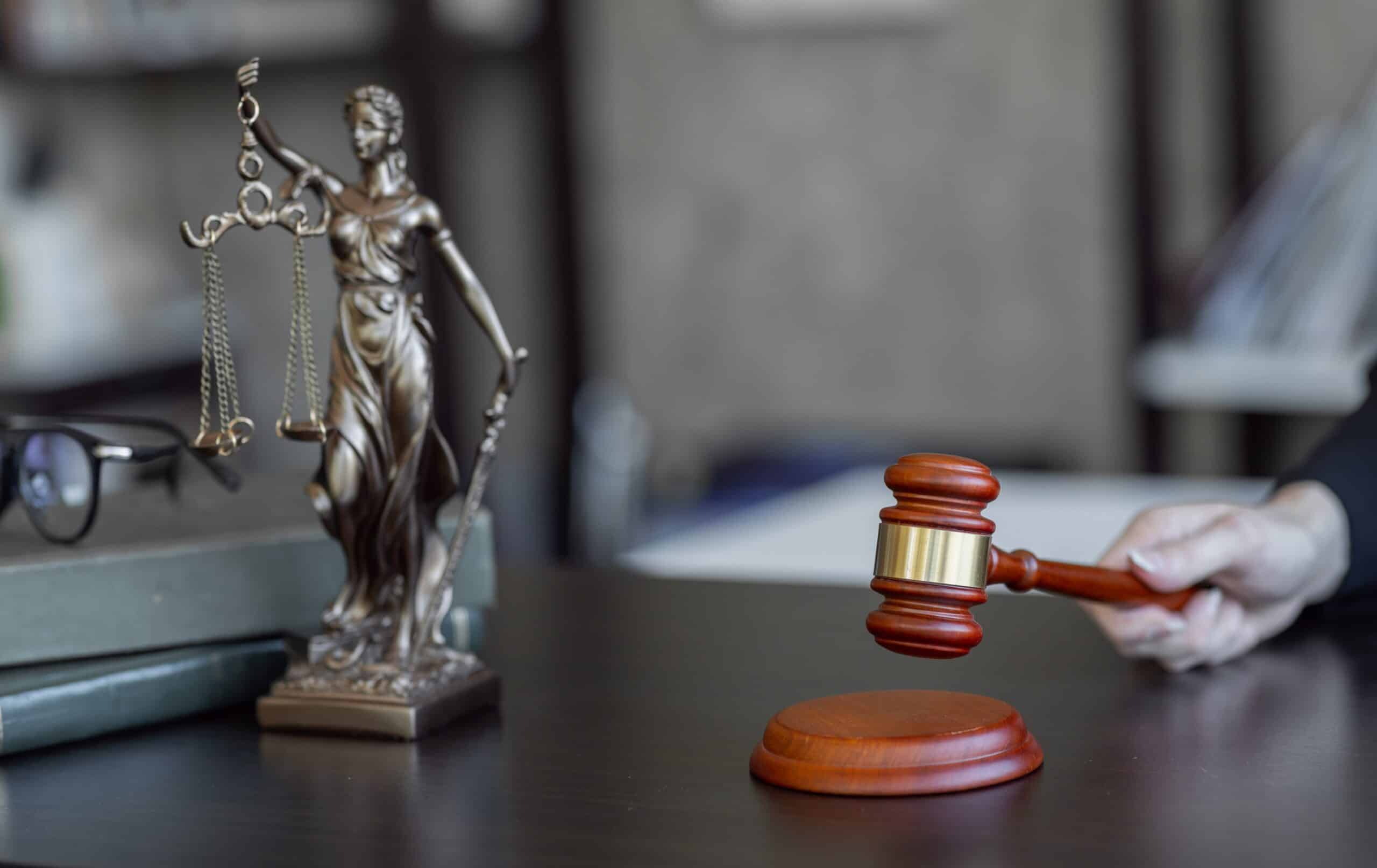WHAT TO DO IF YOU’VE BEEN CHARGED WITH ACCUSED OF ASSAULT IN MISSOURI

Being accused of assault in Missouri is a serious matter. Whether it’s a misunderstanding, self-defense, or a false accusation, the consequences can be life-changing. Assault charges range from misdemeanors to serious felonies, and a conviction can carry fines, jail or prison time, a permanent criminal record, and long-term effects on your personal and professional life.
If you’ve been accused or charged with assault in Missouri, the most important thing you can do is take immediate, strategic action. At KC Defense Counsel, our affordable Kansas City criminal defense lawyers have worked with many clients to navigate assault accusations and avoid the most severe penalties. Here’s what you need to know and do if you find yourself in this situation.
REMAIN CALM. DON’T MAKE THE SITUATION WORSE.
The first moments after an incident can be the most critical. Whether law enforcement is called to the scene or you’re later contacted about the accusation, it’s vital that you stay calm. Arguing with officers, the accuser, or witnesses, especially in a heated emotional state, can add fuel to the fire and potentially lead to additional charges.
Keep your composure and don’t attempt to explain your side of the story on the spot. What you say can and will be used against you.
DON’T TALK TO POLICE WITHOUT AN MISSOURI ATTORNEY PRESENT
You may think cooperating fully and telling your side of the story will clear everything up. Unfortunately, this is rarely the case. Law enforcement officers are trained to gather evidence and build a case, not necessarily to find the “truth” in the moment.
Even statements that seem harmless—or that you believe prove your innocence—can be twisted or misunderstood. You have a constitutional right to remain silent and to have an attorney present during questioning. Use it.
If police want to question you, politely but firmly tell them you won’t answer any questions without your lawyer.
UNDERSTAND THE TYPE OF ASSAULT CHARGE YOU ARE FACING
Missouri law divides assault into several degrees, depending on the severity of the alleged offense:
Fourth-Degree Assault (Misdemeanor): Involves minor physical contact or threats. This can include pushing someone or threatening to cause harm.
Third-Degree Assault (Felony): Causing physical injury knowingly or recklessly.
Second-Degree Assault (Felony): Typically involves serious bodily injury, use of a deadly weapon, or recklessly causing harm.
First-Degree Assault (Felony): Involves attempts to kill or knowingly cause serious physical injury.
Understanding the exact charge helps your defense attorney evaluate the evidence and plan a strategy. Penalties range from fines and probation to multiple years in prison, so the stakes are high.
CONTACT AN EXPERIENCED MISSOURI CRIMINAL DEFENSE LAWYER IMMEDIATELY
This is not the time to try to handle things on your own. Assault charges can be complex and emotionally charged.
A skilled Kansas City criminal defense attorney will:
- Review the facts and investigate your side of the story
- Evaluate whether your actions could be legally justified (e.g., self-defense)
- Challenge inconsistent witness statements or flawed police procedures
- Negotiate with prosecutors to reduce or dismiss charges
- Represent you in court and build a strong legal defense
Hiring a Kansas City-based defense attorney who knows the local courts, judges, and prosecutors gives you an edge in building a successful defense.
GATHER EVIDENCE AND YOUR VERSION OF THE EVENTS
As soon as you’re able, write down everything you remember about the incident. Include where it happened, who was involved, what was said, and who might have witnessed it. Time and details are important, and your memory may fade over time.
If there are any text messages, emails, surveillance footage, or social media posts related to the incident, save them. Share everything with your attorney. Even small details can make a difference in how your case is handled.
AVOID CONTACT WITH THE ALLEGED VICTIM OR WITNESSES
It might be tempting to reach out to the person who accused you to try to “clear the air.” DO NOT DO IT. Doing so can violate protection orders, appear like intimidation, or lead to additional charges.
Let your attorney handle all communication related to the case. This not only protects you but also ensures nothing you say can be used against you later.
BE PREPARED FOR COURT
If you’ve been charged, you will likely be given a court date. Be sure to follow any and all legal instructions. Show up on time, dress appropriately, and be respectful to the judge. Failing to appear or violating the conditions of your release could result in a warrant for your arrest or additional legal trouble.
Your Kansas City criminal defense attorney will walk you through what to expect and how to present yourself in court. Take their advice seriously and stay engaged in your defense.
CALL KC DEFENSE COUNSEL TODAY
An assault charge in Missouri is nothing to take lightly. Whether the accusation is true, exaggerated, or completely false, you have rights—and a strong legal defense can make all the difference in protecting your future.
The worst thing you can do is ignore the accusation or assume things will blow over on their own. Take proactive steps. Get informed. And most importantly, hire a Kansas City criminal defense attorney who knows how to fight for your rights and achieve the best possible outcome.
If you or someone you know is facing assault charges in Missouri, contact our office today for a confidential consultation. We’ll listen to your story, explain your options, and fight to protect your reputation and freedom.



Recent Comments